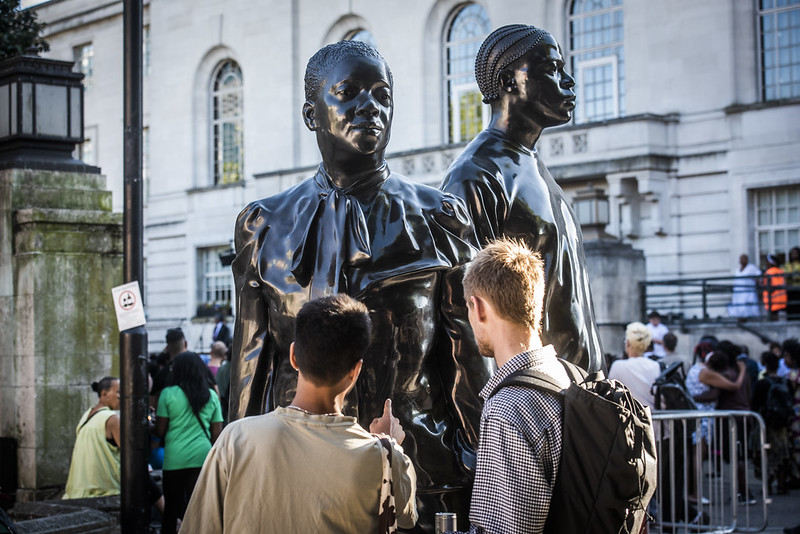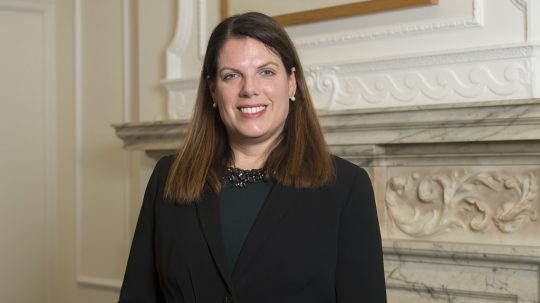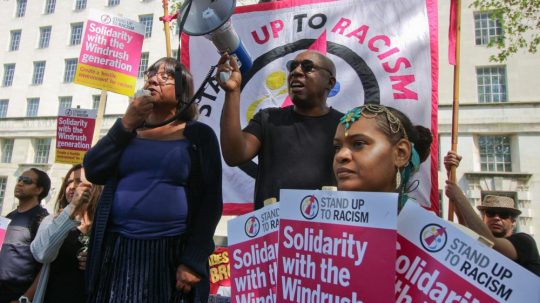In 2018, many British citizens, mostly from the Caribbean, were wrongly detained, threatened with deportation and denied legal rights because the Home Office had categorised them as illegal immigrants by mistake.
Hundreds of residents were denied access to healthcare and benefits and were threatened with deportation, despite having the right to live in the UK.
Now, five years on from the scandal breaking and 75 years on from Windrush day, hundreds of claims for compensation are still pending. As of May, 302 claims had been in the system for at least 12 months, including 154 for more than 18 months.
Calls are still being made to make the compensation scheme independent of the Home Office due to a lack of faith in the system, as in the meantime people have died without receiving a penny.
In May 2019, a group of 87 parliamentarians accused the government of unlawfully discriminating against migrants as a “direct result” of hostile environment policies.
Under the Immigration Acts of 2014 and 2016, authorities including landlords, employers, banks and the NHS became obliged to carry out ID checks and to refuse services if an individual is unable to prove legal residence in the UK. For the first time, employers and landlords faced harsh fines of up to £10,000 if they did not comply.
In at least 83 cases, as a result of these policies and this legislation, individuals who had resided in Britain for decades were wrongly deported.
Detained, denied cancer treatment and evicted from homes
Paulette is a grandmother who moved to the UK in 1968 and worked for a period in the House of Commons restaurant, before she was detained and threatened with deportation to Jamaica. Wilson passed away suddenly at the age of 64 – having just one month earlier delivered a petition with other victims to parliament urging the government to speed up its payouts under the Windrush Compensation Scheme.
Albert Thompson was denied cancer treatment on the NHS. Although Thompson has tax and national insurance records going back decades, the Home Office couldn’t identify him. As a result, Thompson was not only initially denied free cancer treatment but he was also evicted from his council-owned accommodation.
Thompson was told at his first radiotherapy session that unless he could produce a British passport, he would be charged £54,000 for the treatment.
Concerns grew about services
Case workers from the Joint Council for the Welfare of Immigrants also raised concerns about the hotline as a means for people to obtain anonymous advice in 2019.
Speaking to the Guardian, Satbir Singh, CEO of the charity, said: “The helpline doesn’t work, doesn’t show any sensitivity or knowledge.”
Speaking about the heavily criticised compensation scheme, Zita Holbourne, co-founder and national chair of anti-racism campaign group Black Activists Rising Against Cuts (BARAC UK), stated: “There are people dying, who haven’t even been compensated, there are people destitute; it’s taking too long to get compensation to people.”
Zita continued: “The descendants of that generation, the children and grandchildren, who have also spent most of their lives in the UK, are also being subjected to discrimination and injustice […] The systemic racism we face has at its roots the legacies of colonialism and enslavement, and the Windrush scandal and all of these issues I’ve just talked about are all part of that.”
A spokesperson for the Home Office stated: “We are continuing to process individual claims as quickly as possible, but cases must be processed individually, with the care and sensitivity they deserve, so that the maximum payment can be made to every single person.”





